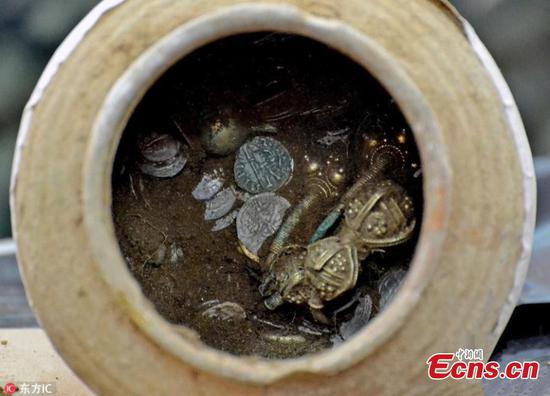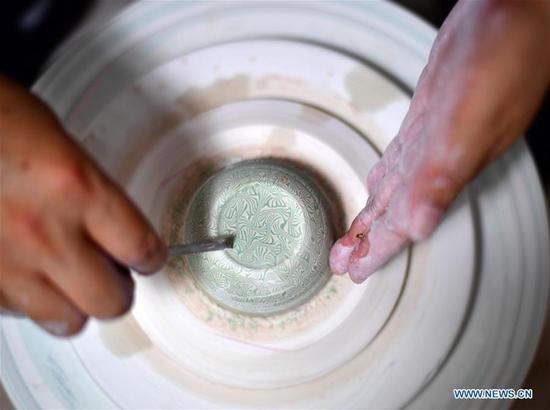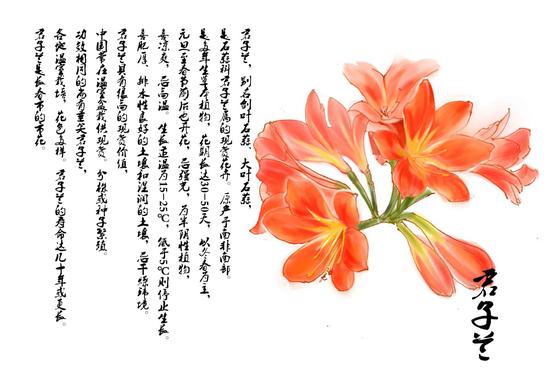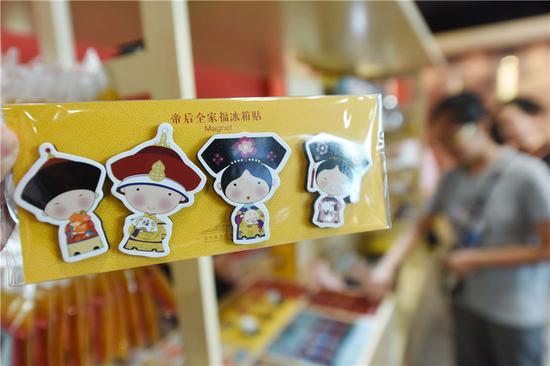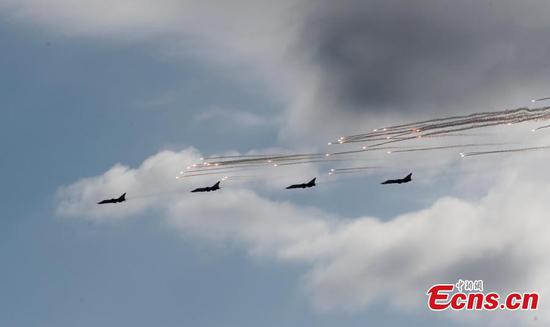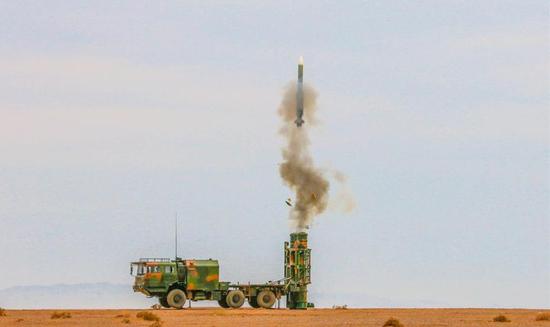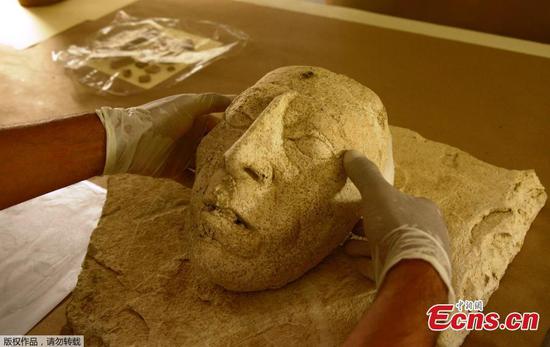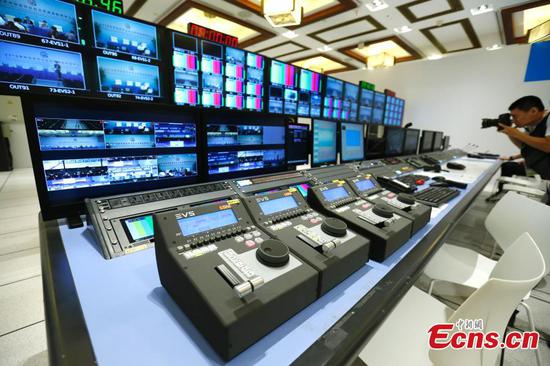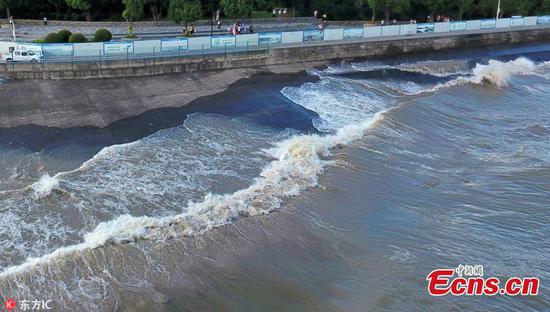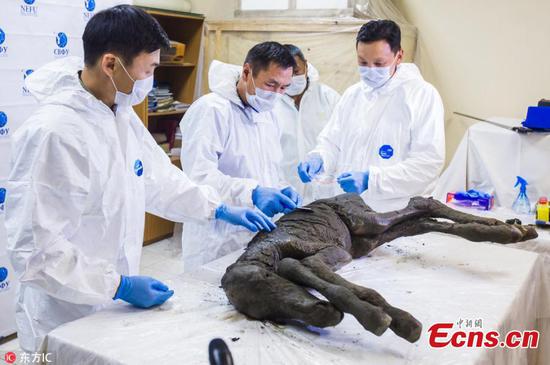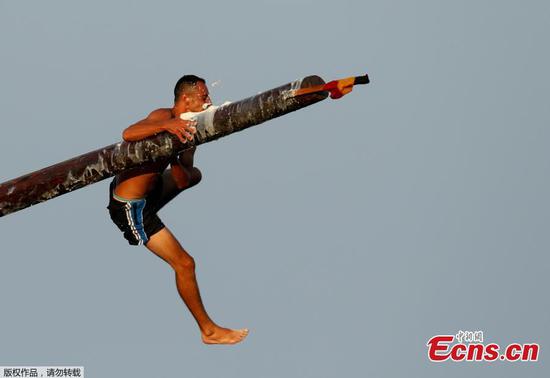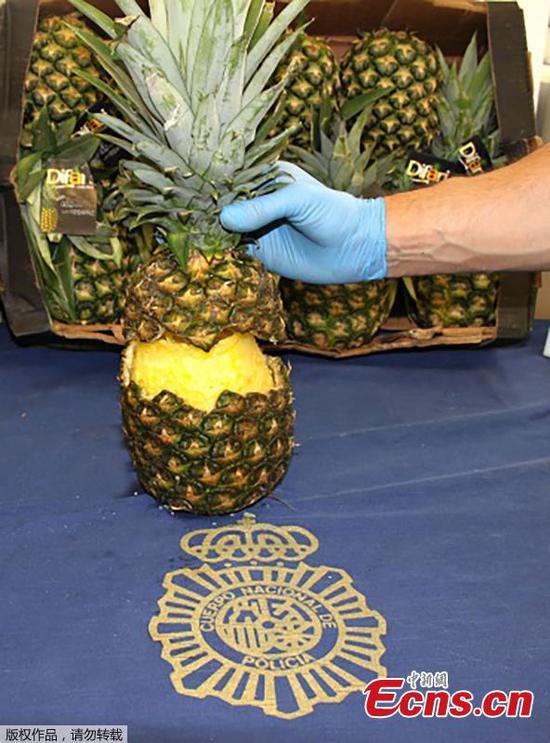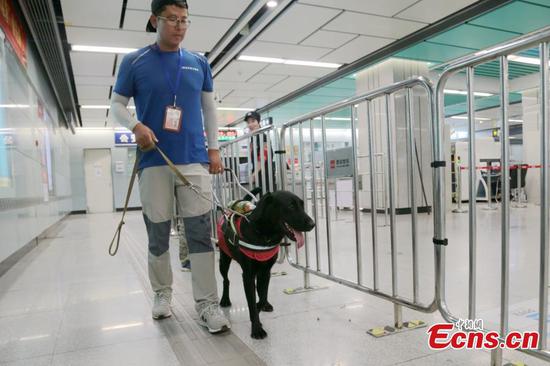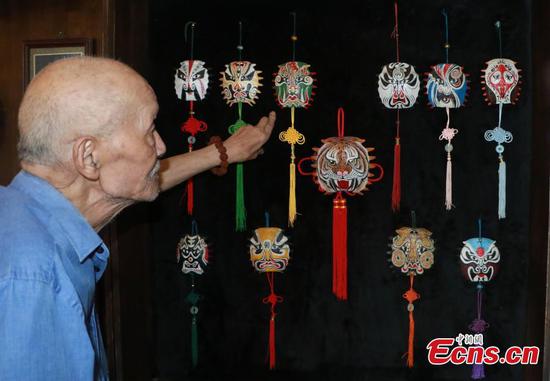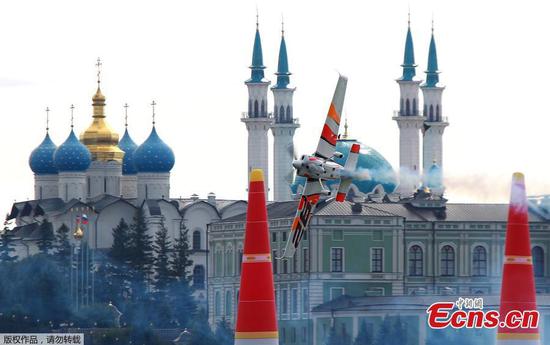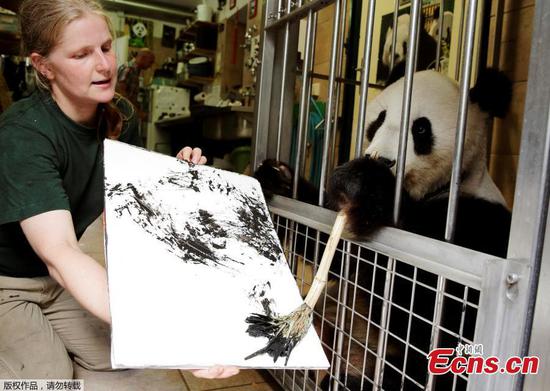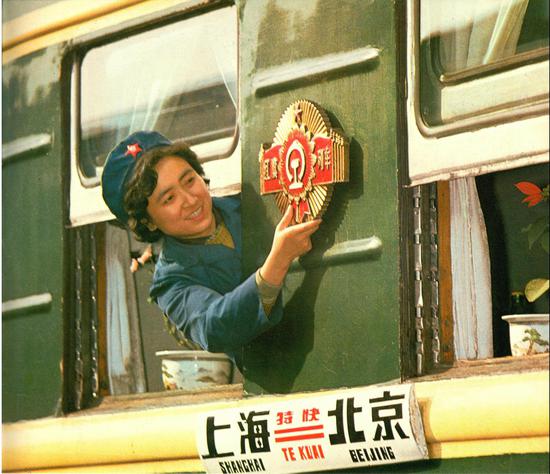One of the unexpected outcomes — a blessing in disguise, if you will — of China-U.S. trade tension is that import-reliant sectors in China are seeking cheaper suppliers at home and abroad, creating unforeseen growth opportunities for Chinese small and medium-sized enterprises, industry insiders said.
SMEs hurt by higher U.S. import tariffs or previously hindered by imports are embracing change and new strategies to thrive amid tensions.
Biobase Group, a manufacturer of laboratory equipment and diagnostic kits based in Shandong province, stands out as one of the firms converting threats into opportunities and challenges into strength-enhancers.
Gan Yiwu, chairman of Biobase, typifies this new style of corporate thinking. In his office, two maps adorn a wall. The world map highlights some countries and regions participating in the Belt and Road Initiative. The China map shows over 20 places marked with a dot. Together, the maps represent Gan's ambitious vision for Biobase's future footprint.
That's a far cry from the recent past, when Biobase struggled to get orders — even from Chinese firms — because the latter were all busy importing from the United States. The trade dispute, however, has proved to be a game-changer.
"We've built offices in 19 Chinese cities now," Gan said, pointing to the national map. "China is the world's second-largest consumer of medical equipment but the local market was heavily reliant on imports. Now, it's different. Opportunities beckon. We'll invest more now in innovation and on building our own brands."
Like Biobase, Zhejiang Huada New Material Corp, a producer and exporter of steel products like hot-dip steel sheets coated in aluminum and zinc, sees the trade dispute as an opportunity to grow.
Its business has not been affected much by the tensions because the U.S. has never been one of its key export markets. The success of the BRI, meanwhile, is encouraging the company to leverage China's brand equity and expand globally like many Chinese companies, said Wang Liping, general manager of Huada's overseas business.
Founded in 2003, Huada New Material started exports to the Middle East in 2011 to exploit demand there amid a fiercely competitive domestic market. Its strategy to tap channels like international exhibitions paid rich dividends.
Ninety percent of its $200 million annual output is exported to about 50 BRI participants, particularly infrastructure-hungry Southeast Asian markets, where potential for future growth is immense, Wang said.
Pakistan, Vietnam and Thailand have become the company's key export markets, suggesting Chinese businesses offering customized quality products at competitive prices would do well to look beyond the U.S. for future growth opportunities.
"Chinese companies must stand up and fight for their own interests," said Li Guanghui, vice-president of the Chinese Academy of International Trade and Economic Cooperation.
They need to exploit their strengths to the hilt, improve their efficiency, research and development and innovation ability and sharpen their focus on the core parts and technologies required, while China should deepen reform and opening-up, he said.
U.S. President Donald Trump's administration levied a 25 percent tariff on $16 billion worth of Chinese products on Aug 23, after imposing tariffs on $34 billion worth of Chinese imports in July. China responded in kind.
The U.S. also has threatened to levy a 25 percent duty on a wider range of Chinese imports worth $200 billion.
Haier Group, China's largest home appliances producer, said its business was insulated from the impact of the trade dispute because it had chosen to build its own brand, innovation ability and localize its overseas operations, including in the U.S., rather than be an original equipment manufacturer, a kind of contract supplier. It boasts 10 R&D centers, 108 factories, 24 industrial parks and 66 marketing centers around the world.
Haier expects 40 percent of its 2018 revenue to come from overseas, on a 30 percent year-on-year rise in non-China revenue. The company has 7,000 patents and 589 intellectual property certificates. It also has bolstered its offerings through mergers and acquisitions. Its success is a lesson for Chinese firms affected by the tariff conflict, analysts said.
Xue Rongjiu, deputy director of the China Society for WTO Studies, said Trump's "America First" strategy is marked by irrational tariff threats, unfair measures and vindictive sanctions. But the BRI will offset its impact on the world economy, he said. WTO is the World Trade Organization.
Long Guoqiang, vice-president of the Development Research Center of the State Council, said, "The tariff row will likely push China to build closer ties with other economies and contribute more to a freer, fairer and more inclusive multilateral trade system via the BRI."










